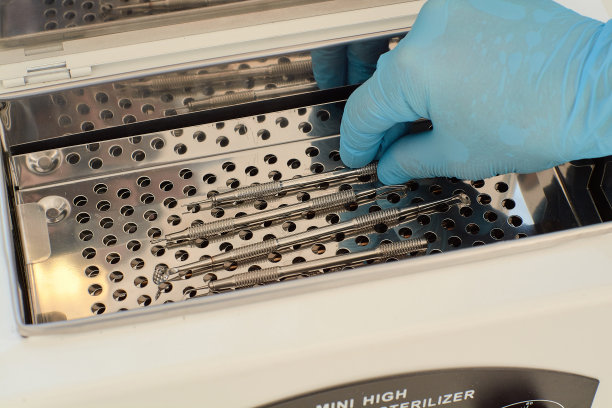Essential Precautions You Need to Take Before Undergoing Root Canal Treatment for Optimal Dental Health and Comfort
Summary: Undergoing root canal treatment can be a daunting experience for many, yet it is essential for preserving dental health. This article provides an in-depth guide on the precautions to take before the procedure to ensure optimal outcomes and comfort. It covers the importance of choosing a qualified dentist, preparing both mentally and physically, understanding procedural expectations, and managing post-treatment care. By following these essential precautions, patients can alleviate their fears and enhance their dental health journey, making the root canal experience as smooth and successful as possible.
1. Selecting a Qualified Dentist for the Procedure

The first and foremost step in preparing for a root canal treatment is choosing a qualified dentist. A highly skilled dentist with experience in root canals can significantly influence the treatment outcome. Patients should look for professionals who specialize in endodontics, as they have specific training in performing these intricate procedures.
Additionally, researching a dentist’s reputation through online reviews and patient testimonials can provide insights into their expertise and patient care. This research not only helps to ensure a suitable choice but also instills a sense of confidence in the treatment process.
Moreover, a consultation appointment is vital. During this meeting, patients can discuss their concerns, understand the dentists approach, and gauge their comfort level. A quality dentist will patiently address all questions, helping to establish trust and assurance.
2. Preparing Mentally and Physically for the Treatment
Mental preparation is equally crucial before undergoing a root canal. Patients often face anxiety related to the procedure, so finding ways to manage this stress can lead to a more relaxed experience. Techniques such as mindfulness, meditation, or even breathing exercises can significantly reduce anxiety levels.
Furthermore, physical preparation cannot be overlooked. Ensuring that one is well-rested and has eaten adequately before the appointment can contribute to better overall comfort. Patients should also avoid caffeine and other stimulants, as these can heighten anxiety and discomfort during the procedure.
In addition, discussing sedation options with the dentist is important for those with a high fear of dental work. Many practitioners offer sedation dentistry, which can help alleviate anxiety and allow for a smoother experience throughout the root canal treatment.
3. Understanding the Procedure and Its Expectations
Having a clear understanding of what to expect during a root canal can significantly reduce anxiety. Before the procedure, it is important for patients to ask their dentist about each step involved, ensuring they are well-informed. Knowing how long the treatment will take, the techniques used, and any sensations to anticipate can alleviate concerns.
Patients should also discuss pain management strategies with their dentist before the procedure. Clarifying what type of anesthesia will be used, and any postoperative pain relief options will help patients feel more prepared and less anxious about discomfort during and after the procedure.
Moreover, understanding the importance of post-treatment care is essential. Aftercare instructions can prevent complications and promote healing, impacting overall recovery time. Clear communication with the dentist regarding follow-up appointments and signs of unusual reactions is vital to ensuring optimal recovery.
4. Managing Post-Treatment Care Effectively
Post-treatment care is a critical aspect of the root canal process. After the procedure, patients should adhere strictly to the aftercare guidelines provided by their dentist. This includes taking prescribed medications and managing pain as directed. Ignoring these instructions can lead to unnecessary discomfort and potential complications.
Additionally, patients should avoid certain foods that may irritate the treatment area or hinder healing. Soft foods are generally recommended until the tooth has completely recovered. Staying hydrated and avoiding hard, crunchy items can significantly promote recovery and comfort.
Finally, attending follow-up appointments is crucial for monitoring the healing process. These visits allow the dentist to assess the success of the treatment and address any lingering concerns that patients might have. Consistent communication with the dentist after the procedure is fundamental to ensuring long-term comfort and dental health.
Summary:
To conclude, preparing for a root canal treatment is vital for ensuring a successful outcome and alleviating patient fears. Selecting a qualified dentist, preparing mentally and physically, understanding the procedural expectations, and effectively managing post-treatment care are all crucial aspects that contribute to a positive dental experience.
This comprehensive approach not only helps in achieving optimal dental health but also enhances comfort throughout the journey. Taking these essential precautions can make a significant difference in your root canal experience.
This article is compiled by Vickong Dental and the content is for reference only.



